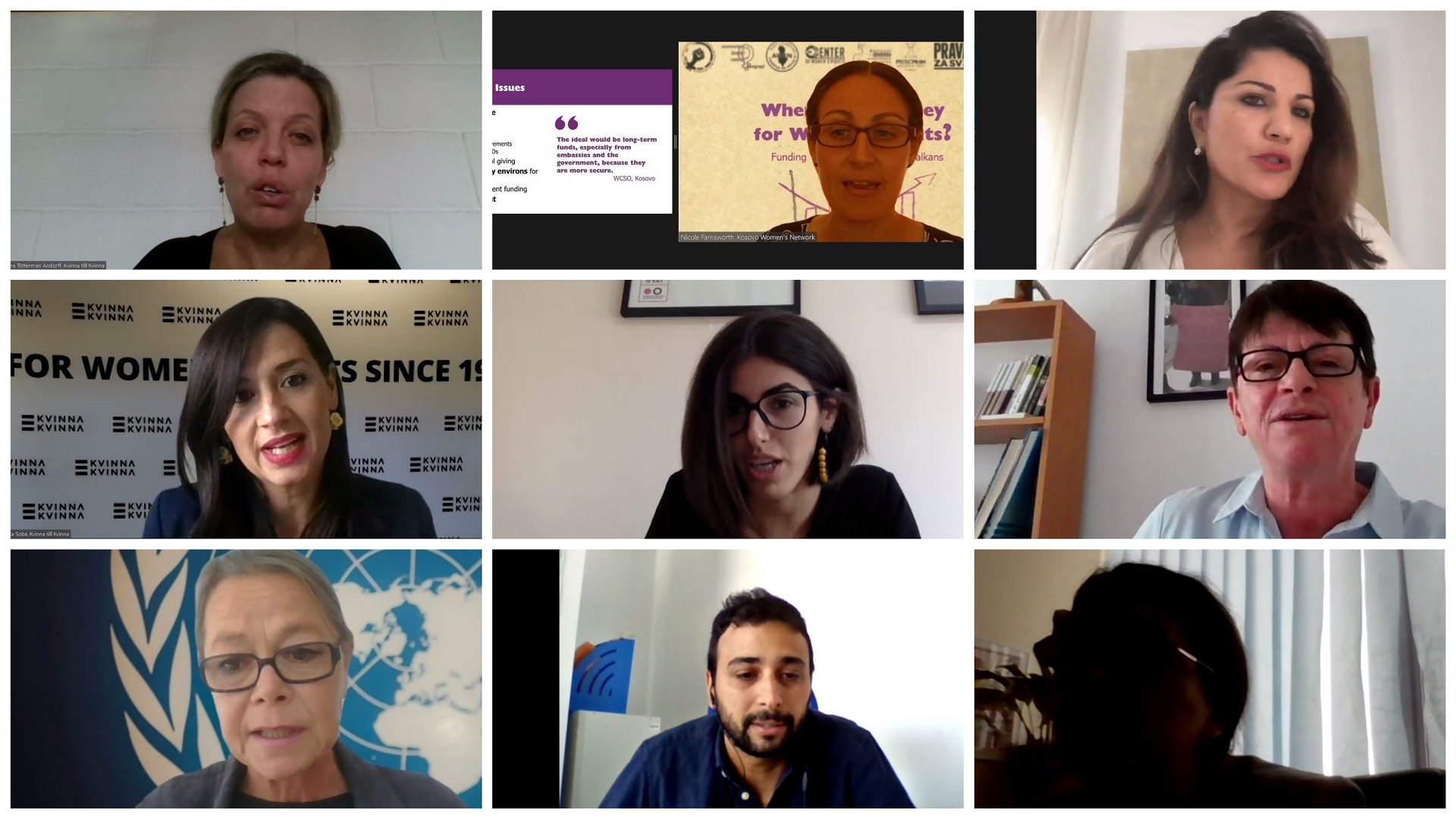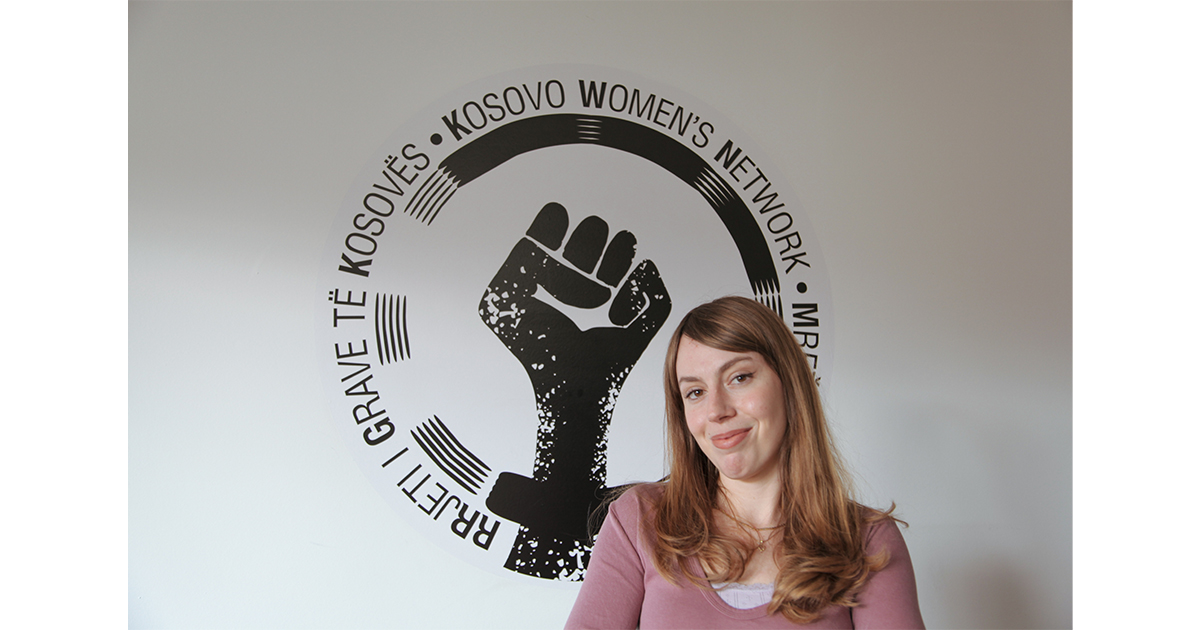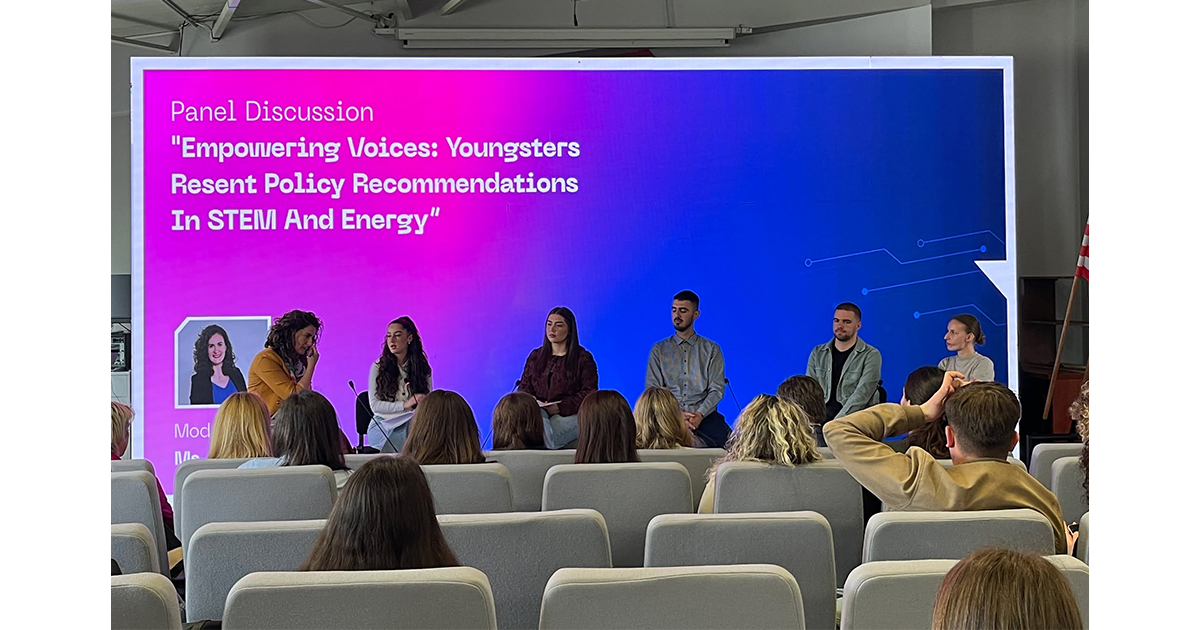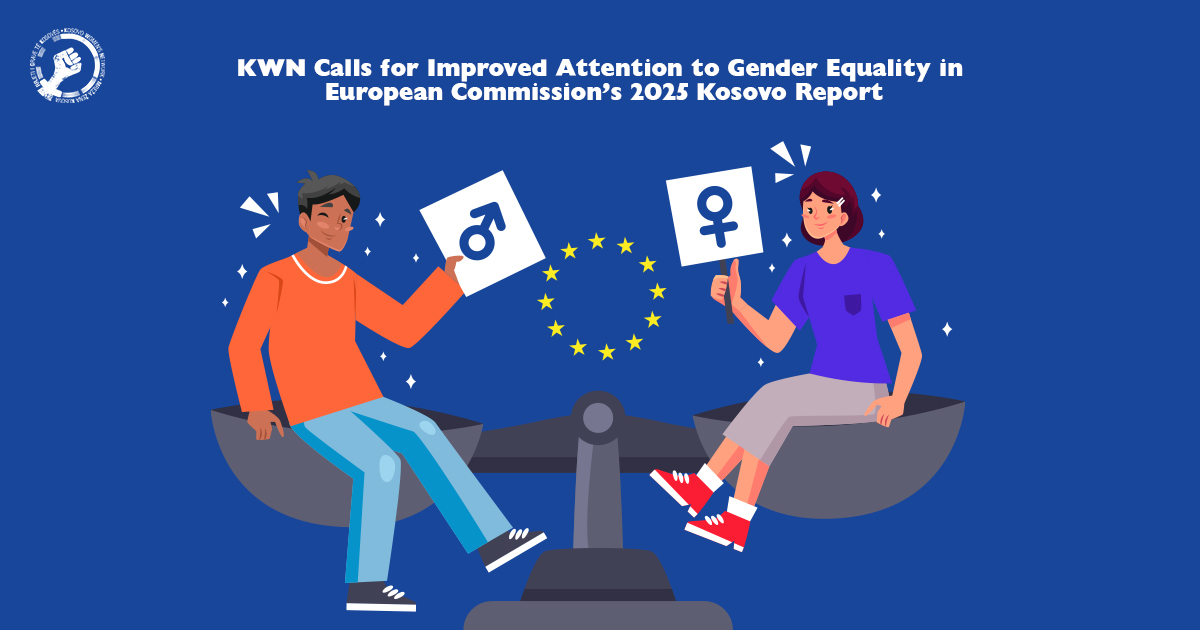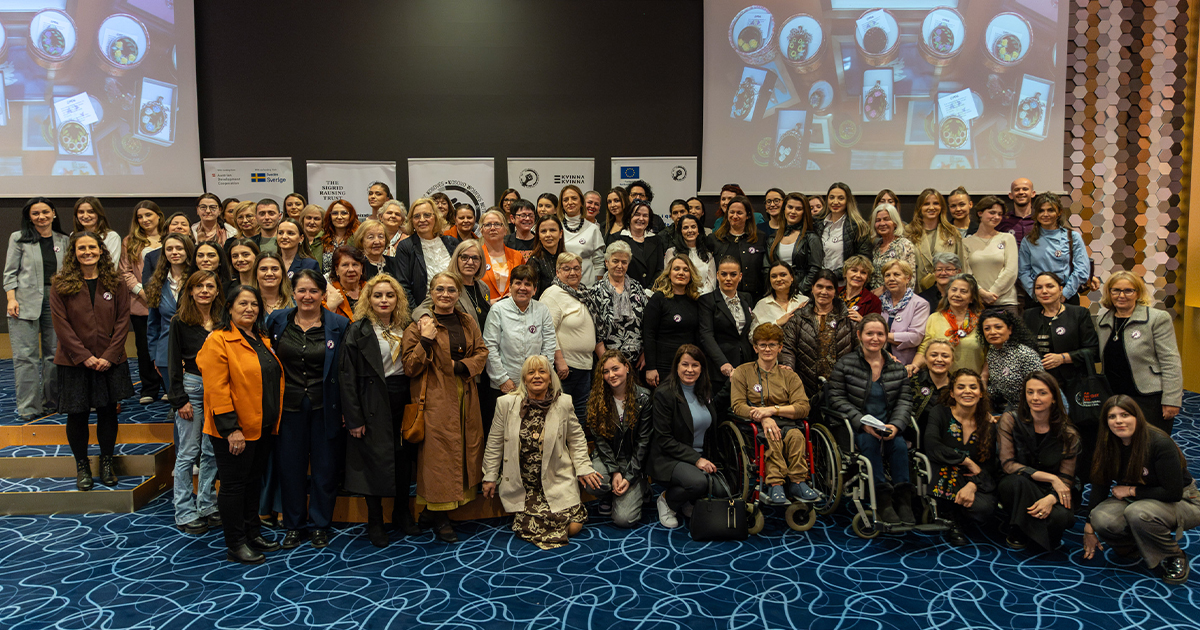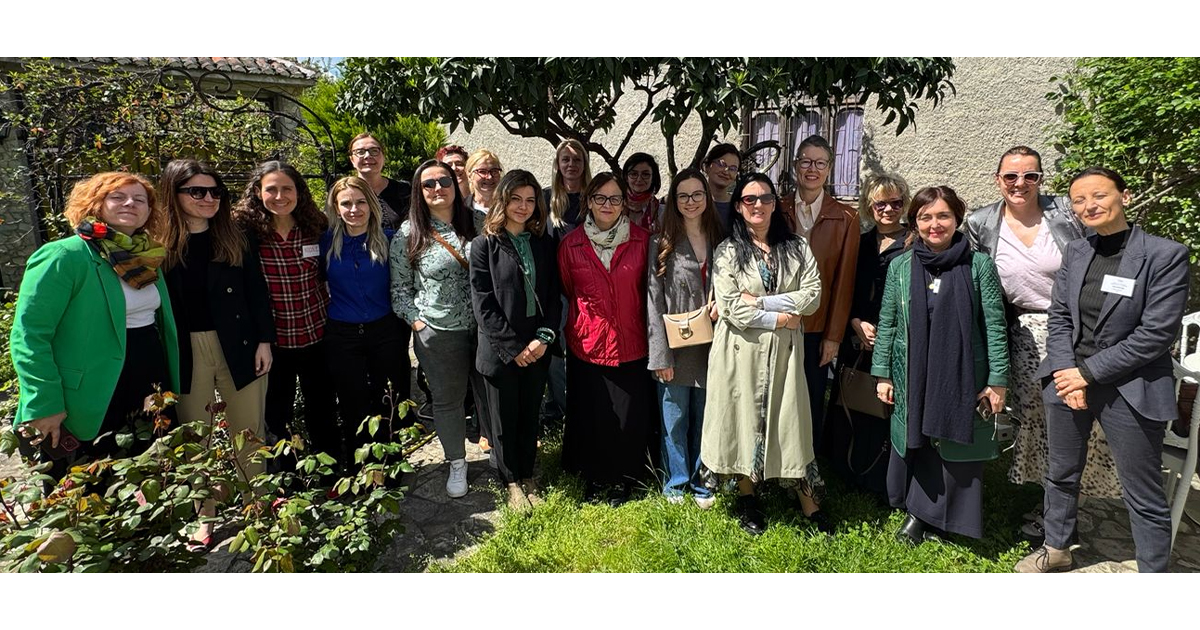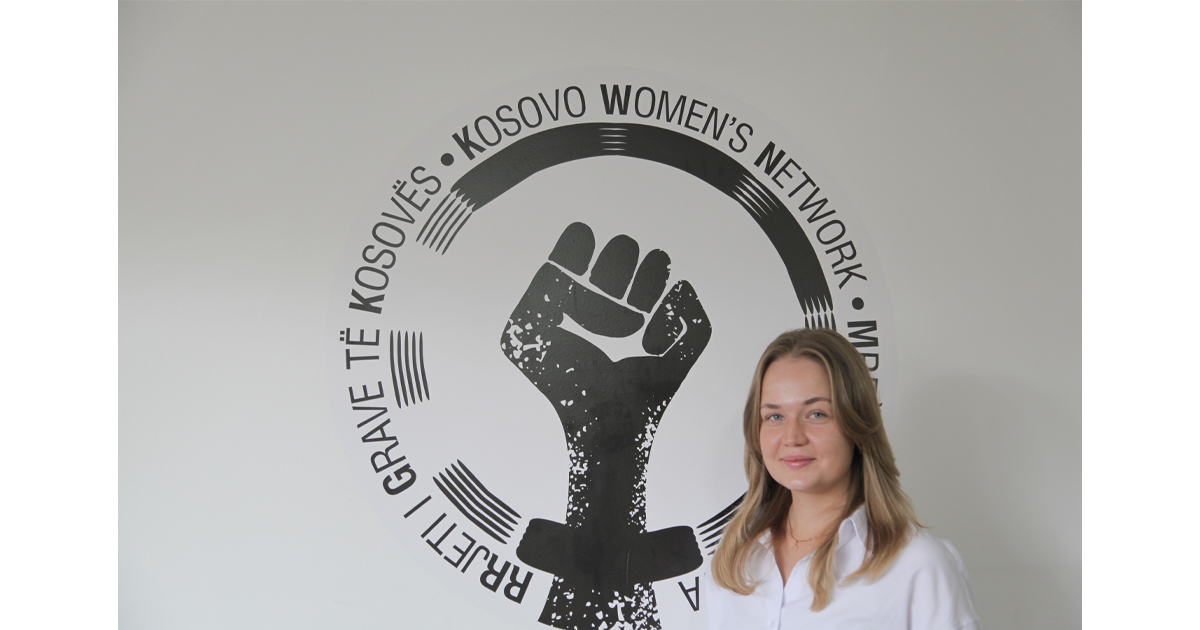During September, the Kvinna till Kvinna Foundation, KWN and other women’s rights groups launched the report Where’s the Money for Women’s Rights? in Albania, Serbia, Montenegro, Bosnia and Herzegovina and Kosovo.
This report provides information about funding trends related to gender equality and financial support of women’s civil society organisations (WCSOs) in the Western Balkans (WB) to better understand WCSOs’ needs.
The research was conducted in 2019 in six Western Balkan countries, by eight women’s organisations, led by the Kosovo Women’s Network (KWN), supported by Kvinna till Kvinna. It includes interviews with 71 funders and 241 diverse WCSOs.
At the forefront in addressing the widespread gender inequalities that exist in WB countries are WCSOs. They are change-makers, advocates, service providers, researchers, teachers, and experts who have contributed significantly to several social, political, legal, economic, and individual level changes within their countries and beyond. WCSOs remain well-positioned to continue addressing pervasive gender inequalities in the WB and more broadly.
For this work, WCSOs require resources. This report examines the funding available for their work. So, the aims of this research were to provide information about funding trends related to gender equality and in support of women’s rights organizations in the Western Balkans from 2014 through 2019, and to better understand women’s rights organizations funding needs.
Some of the key findings include:
- Most WCSOs (82%) have experienced periods in which they did not have enough resources, and 35% did not meet their planned budgets in 2018.
- 9% of the WCSOs interviewed never had received funding (22); they worked on a voluntary basis. Since 2014, 28% have lost support from a funder that historically supported them.
- Funding shortages have led WCSOs to delay payments, have staff work without pay, cut programmes, and close their doors.
- 31% have been in danger of closing their organisations due to lack of funds
- “A cocktail of modalities” that includes core support, project grants, and sub-granting for smaller WCSOs perhaps can contribute to meeting the needs of diverse WCSOs.
- Addressing gender-based violence received the most funds (27%), but it and several other areas remain underfunded.
“We believe that the European Union (EU) in particular is well positioned to further gender equality in the Western Balkans. Governments have pledged in our countries to the EU policy agenda, which includes furthering gender equality,” said Nicole Farnsworth, KWN Program Director and Lead Researcher, while presenting the findings of the report.
“What has been said is very loud and clear, and we need to listen to it very carefully. Obviously, funding is never enough.” said Mr Ola Andersson, Embassy of Sweden in Belgrade, during the launch in Serbia.
Commitments to furthering gender equality have been made by the European Union and the Gender Action Plan in the Women, Peace and Security agenda. Several funders also have made commitments to furthering gender equality in their work and through their strategies and policies.
KWN Executive Director, Igballe Rogova praised the women’s rights organizations for joining voices together once again for bringing to the public this amazing report on trending funds of women’s rights organizations.
“We all know that the changes that happened are because of women’s rights organisations. I am not talking this past ten years; I am talking in the last 30 years. In region, when we joined hands together in ’90, even in time of occupation. Women’s rights activists have been going through a lot of challenges. It was not easy and it took so much advocacy to bring the changes we have today”, said Rogova.
This report was written by KWN in close cooperation with; The Albanian Women Empowerment Network, Autonomous Women’s Centre (Serbia), Centre of Women’s Rights (Bosnia and Herzegovina), Kosovo Women’s Network, National Network to End Violence against Women and Domestic Violence (North Macedonia), Rights for All (Bosnia and Herzegovina), Sandglass (Serbia), and Women’s Rights Centre (Montenegro).
The report includes recommendations for funders and WCSOs towards addressing these challenges, which were discussed by all actors during the launching events.

